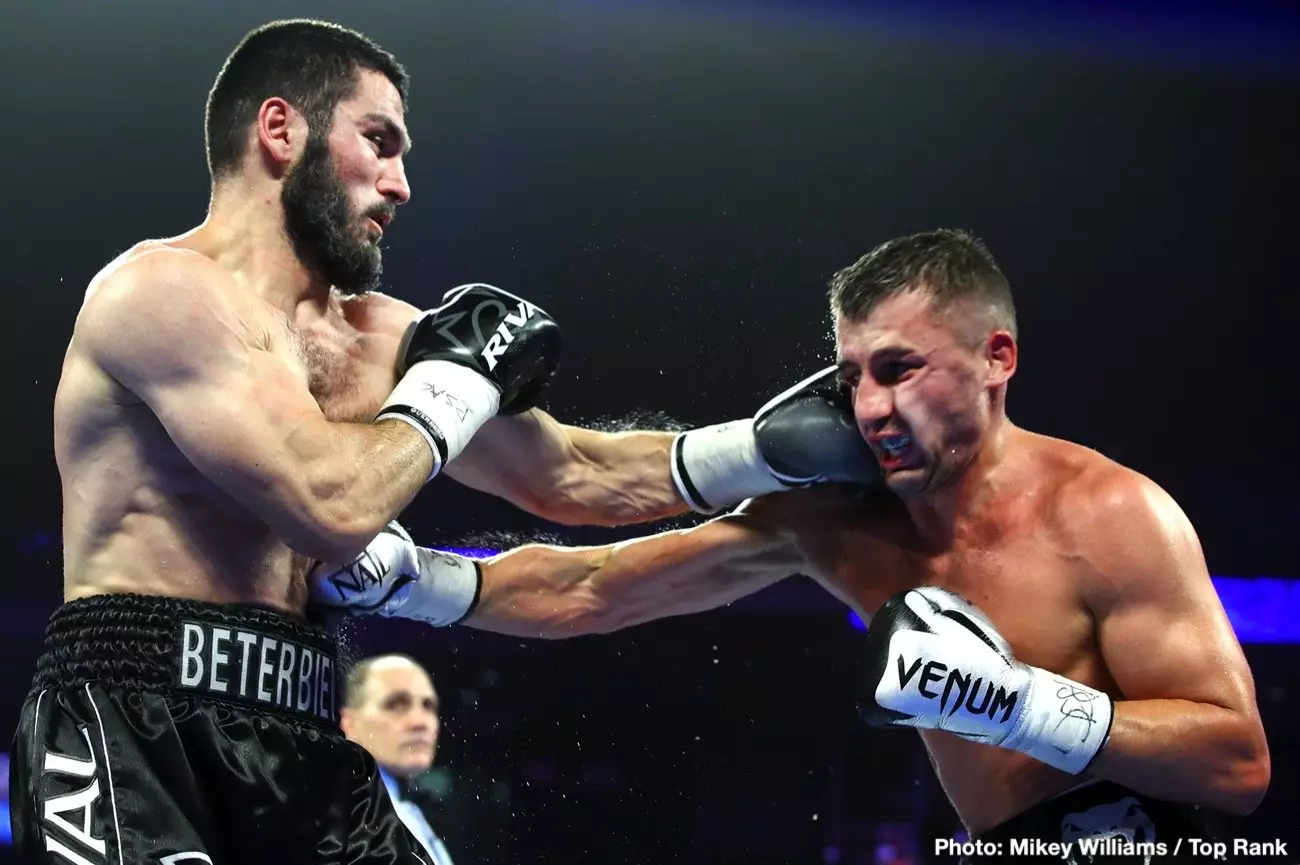As the boxing world continues to evolve, the dynamics between seasoned champions and social media influencers have become increasingly complex. At the forefront of this discussion is Artur Beterbiev, the undefeated light heavyweight champion known for his ferocious knockout power, boasting an impressive record of 21 wins with 20 knockouts. Beterbiev’s recent challenge to influencer-turned-boxer Jake Paul brings to light a significant shift in the sport—one where fame sometimes supersedes traditional athletic rivalry.
Recently, Beterbiev directed an inquiry at Paul, seeking clarification on whether Jake’s earlier response to a potential fight constituted an acceptance or rejection. This straightforward query feels almost misplaced in the context of modern boxing, where Beterbiev’s caliber is leagues above the fighters typically pursued by Paul. The relentless pursuit of a high-profile match against a massive social media personality raises questions about motivation—could it be simply a quest for the fame and monetary rewards associated with fighting a high-profile opponent?
Beterbiev’s approach can be viewed as both a tactical move and a desperate yearning for recognition. Unlike Paul’s previous opponents—many of whom are either long retired or lack significant skill—Beterbiev’s elite boxing pedigree suggests that stepping into the ring with him would lead to a disproportionate fight far removed from Paul’s past encounters.
Despite his bravado and claims of regulating his sport, Paul’s boxing record (11-1, with 7 knockouts) raises eyebrows, particularly when stacked against an indomitable force like Beterbiev. It’s clear that Paul thrives on the allure of celebrity rather than the true essence of competitive boxing. His lighthearted response to Beterbiev—“Top 5 pound-for-pound fighter in the world calling me out”—evokes sarcasm rather than seriousness, suggesting he sees the encounter as a pathway to continued stardom rather than an authentic challenge.
The financial and promotional aspects of such a bout cannot be overlooked. Beterbiev, while respected, may not command the same media presence as trainers like Canelo Alvarez or Anthony Joshua. Versus Jake Paul, however, he stands to gain unparalleled visibility and a lucrative payday—three times more than he would potentially earn in a rematch against Dmitry Bivol or a match against Jai Opetaia.
The potential fight between Beterbiev and Paul symbolizes more than just a boxing match; it’s an indictment of how entertainment factors into sporting legacies in an age driven by digital influence. As traditional boxing narratives grapple with the spectacle-driven model popularized by Paul, the integrity of the sport faces scrutiny.
As Beterbiev articulates his desire to face Paul, the urgency for meaningful challenges in boxing is undeniable—clashing with an influencer is a gamble that might redefine his career. But in doing so, he must grapple with the fundamental question: is straying from legacy to pursue fame worth compromising the principles that define true athleticism and competition?
In closing, Beterbiev’s determination to challenge Jake Paul could serve as a pivotal moment, not solely for their careers but for the sport of boxing as a whole. With the lines between entertainment and athleticism increasingly blurred, it is imperative for champions like Beterbiev to choose their paths wisely as they navigate this intricate landscape.

